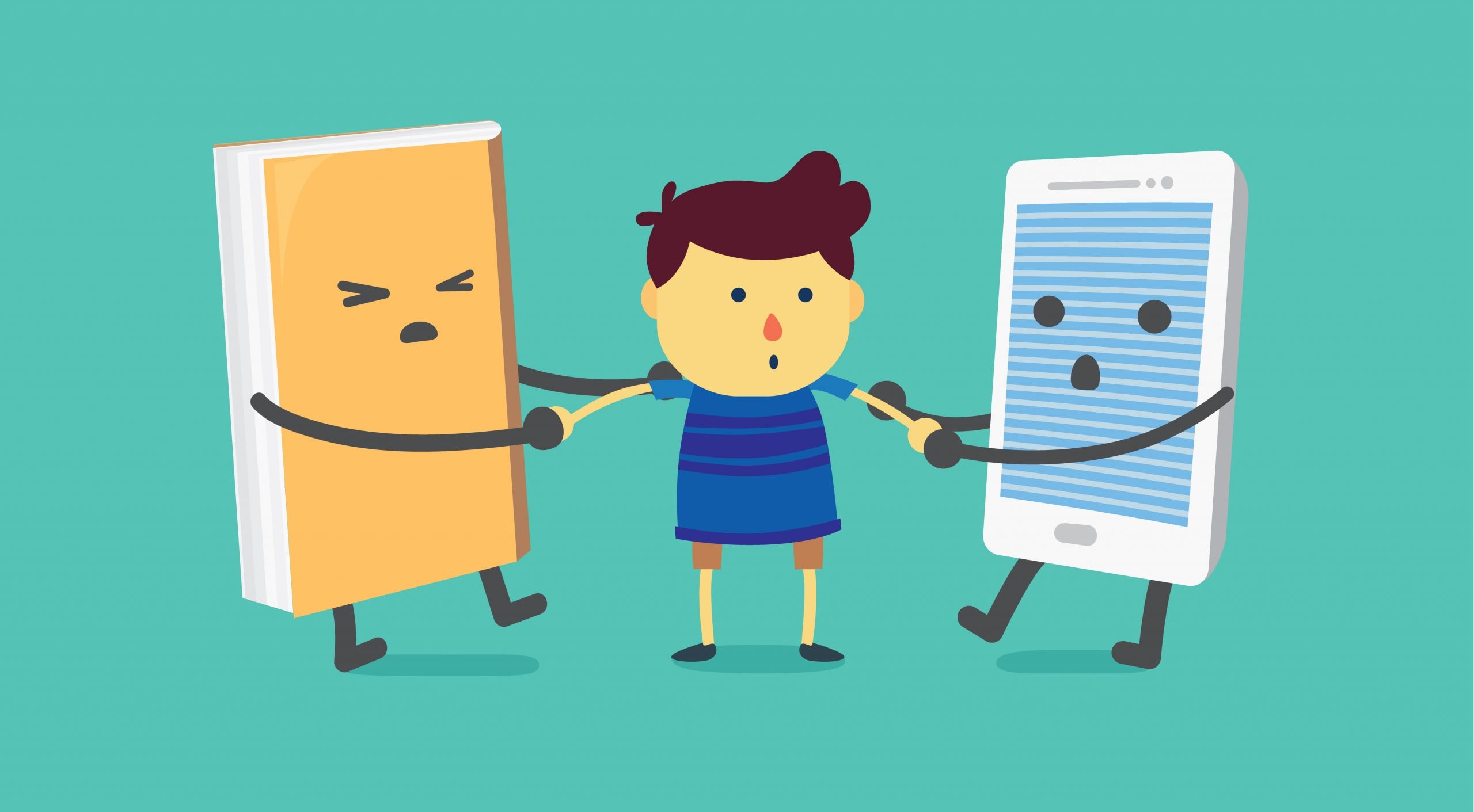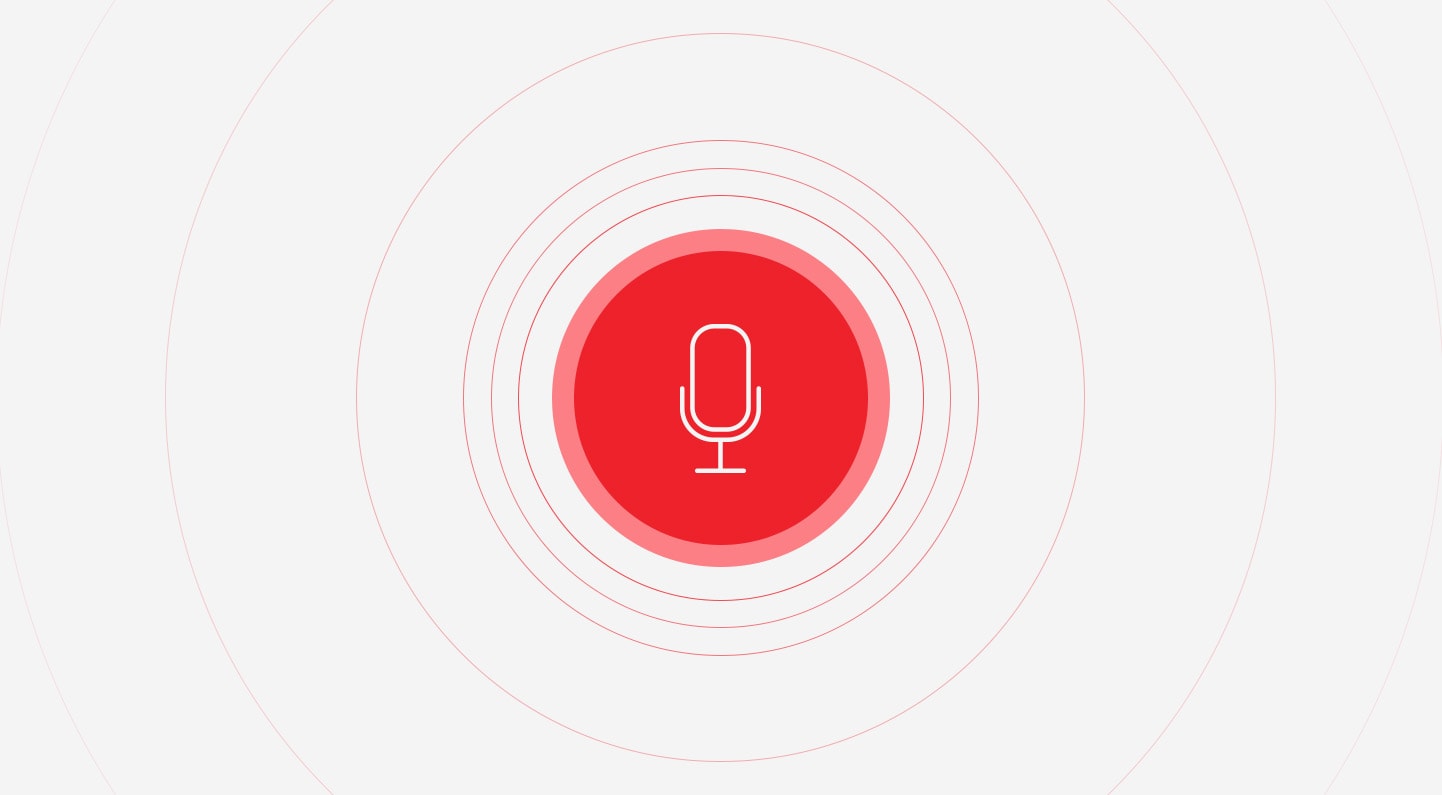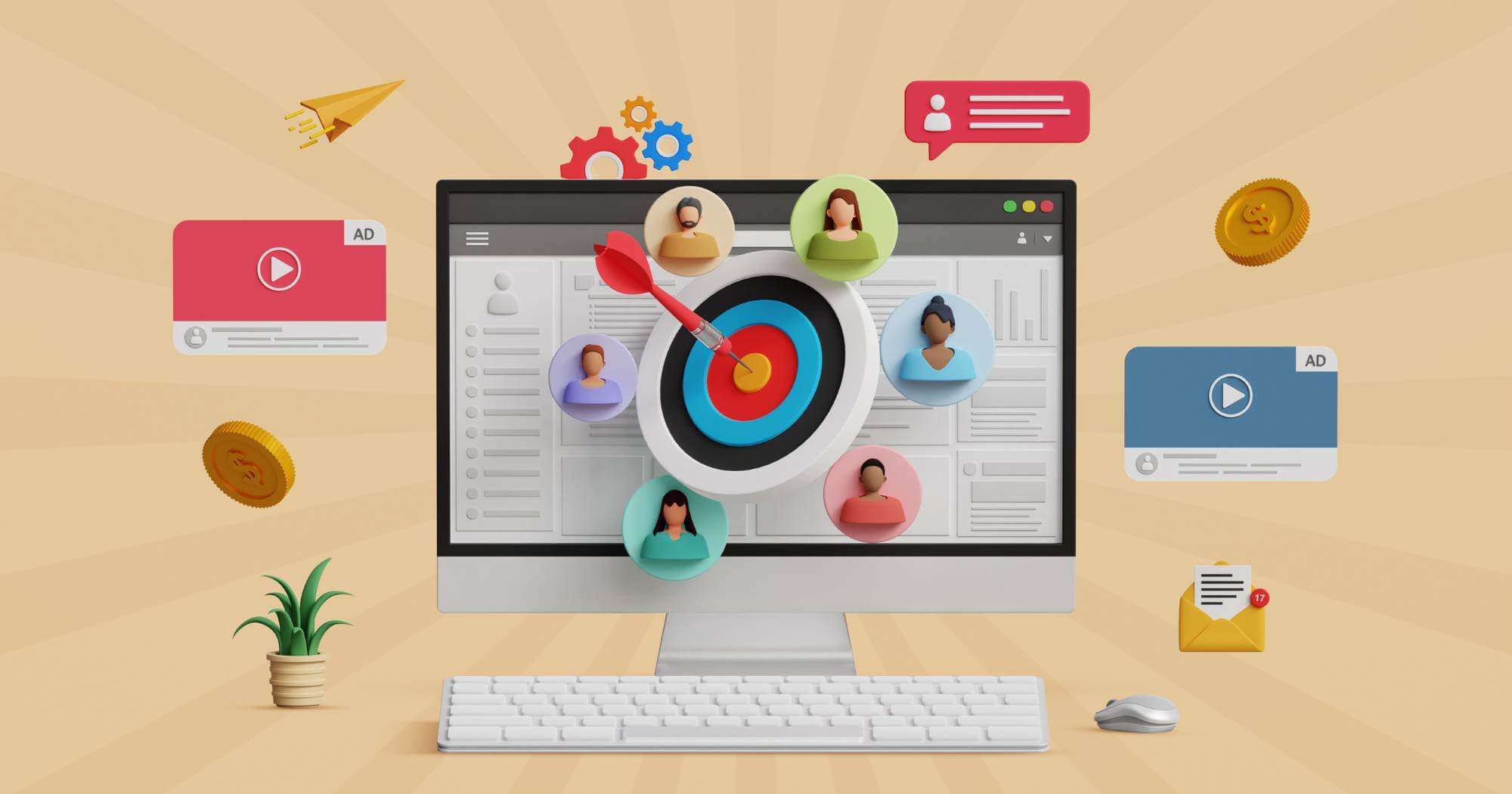The children’s commissioner for England has expressed the need for social media companies such as Instagram and Snapchat to take responsibility for the impact of their digital platforms. Anne Longfield’s report ‘Life in Likes’ explains kids are “growing up chasing likes”, which leave them emotionally vulnerable.
The Negatives of Social Media
As children approach Year 7 they are faced with sudden and increased pressure to be active & representative of themselves through social platforms. Most parents aren’t aware of the age restrictions social media channels have. The NSPCC states 1 in 5 parents believe you can join at any age. In fact, most need members to be at least 13 years of age.
But not all the platforms ask for your date of birth as a hard-filter to create your account. Twitter, clearly stated the minimum age of requirement as 13. Twitter did remove this rule in 2009 and moved over to its privacy policy instead. There’s now no concrete barriers in place to stop younger children joining the social network. Facebook, Snapchat and Instagram do need the user to enter a date of birth to complete registration. Although there is no vetting process so anyone of any age can sign up.
WhatsApp is considered a harmless platform. Because you speak to those you add to your contacts list and where there is now no feed of content. WhatsApp’s age requirement is 16. Again though, nothing or no-one is validating new sign-ups authenticity.
The commissioner states that companies are “still not doing enough” to stop young children from using their services.The ‘Life in Likes’ study found that children as young as 8 were using social media channels such as Snapchat, Instagram, Musical.ly and WhatsApp. Whilst most of us would grimace at this thought, under 10s were found to be using social media to play games, explore and be creative.
Where it begins…
It’s the introduction of secondary schools that alter the way children use the channels. They become more focused on social interaction and pictures. There’s an overwhelming expectation to be connected with your fellow classmates and friends. Some children even said they had experienced arguments over not meeting such demands. On top of finding social media…
“distracting, time-consuming and stressful”
I don’t look to shame all social media and children’s use of it but as Longfield states
“It clearly provides some great benefits to children” but, “is also exposing them to significant risks emotionally”.
The Benefits of Social Media
As it seems the case with most things which impact children and teenagers, there is the tendency to concentrate on the negative. There is evidence to suggest the use of social media in these age brackets has its benefits too. Some find it a great way of making friends and further enhances those initiated in real life. It can be argued platforms such as Facebook and Twitter can be a great source of news, culture and entertainment. For children also, where they can discover their wider world and find new interests.
Facebook looks to improving its feeds to users with Mark Zuckerberg announcing new algorithms prioritising “meaningful social interactions”. He also states that content from media and businesses will be deprioritised and instead will feature more content from friends. This has the potential to drastically change the way targetted media works and we’ll all have to work to make good organic content. Children may feel less under pressure from outside sources and can fully concentrate on meaningful relationships outside the digital sphere.
Algorithms & Echo Chambers
Straight away we can question the value of such ‘information’ presented on our timelines. Algorithms are placing the user in social media bubbles. Seeing individuals as simple personalities to be organised into groups. If you tick this box you will be interested in this subject, shop at these shops, watch these TV shows and even support this political party. (Read more about social media and the general election).
No matter what age you are, you are then part of a social media echo chamber. Where one single narrow view of the world is all that is presented. This limits the users’ exploration and experiences.
My Experience with Social Media
I’ve tried to bring a balanced view to this article. There seems to be an overwhelming view that social media is having a negative impact on the young. There is concern that children are being plunged into a data demanding digital world. Without the prior knowledge or mental preparation required to cope.
The trouble lies with a child’s ability to distinguish between real life and the digital life. Or, their capacity to acknowledge that online engagement or ‘likes’ is not the same as self-worth. It does not represent the value they hold to those around them in the physical world.
As an adult, I admit I continue to feel a certain strain to keep my story up to date. Or, capture that perfect profile picture. I am 30 years old and having grown up during the birth and rise of social media, I am able to disassociate my real-life presence from my digital presence. Yeah, I can feel smug about few likes or appreciative comments. Yet, it’s my memories that will make me smile or become the topic of nostalgic conversations in the future with friends.
Schooling Social Media
Staying safe online is something that is taught in Primary Schools currently. Many awareness campaigns highlighted the topic of children’s online security. Rightly so, there is no shortage of concern and many parents take time to teach their children the possible dangers of the web. Also, to take action to keep them protected.
What hasn’t been broached though is teaching children how to lead healthy digital lives. About using the mediums to their advantage in a cautious manner. As with other subjects such as sex, finances and employment – our children need to be educated. This is so that they have an understanding of the topic of digital literacy before any pressures they may feel. This would fit perfectly in the last year of Primary School for example. That way, kids are fully equipped to recognise when such demands hit and how to deal with them. Again, the children’s commissioner expresses her worry that if this doesn’t happen children will be growing up “chasing likes”. Rather than following their ambitions or aiming for good grades.
The Psychology of Social Media
Most prominent of concerns has to be the emotional side of social media. It may have the potential to develop into mental health issues later in life. One way to tackle this would be to give social resilience lessons to Year 6 and 7 students. Teaching them that likes and social media popularity does not equal happiness. We would tell children not to listen to bullies in the schoolyard and that they should not be acknowledged in the digital playground.
There is wider revolt surrounding how the media represents beauty and body image. Plus representations of unachievable attractiveness and unrealistic lifestyles are nowhere more present. This is instilled more so on social platforms such as Snapchat and Instagram. We fight these images in magazines and in other mainstream media but we should question those representations now on social media.
It’s in our nature as humans to compare ourselves to others and place emphasis on those areas in which we (seem to) lack. This trait is of course already present in children then intensifies in the teen years. I believe that digital literacy and social resilience be taught to children. But, parents and teachers alike should brush up on their own knowledge about the digital world. This includes the dangers and the effects on children and young people.
Our Responsibility
As I have repeated and to use a few clichés – preparation is key and knowledge is power. Adults should learn how to spot the signs. To identify when social media is having a negative impact on a child or teenager and to step in with education. The last resort should have to be intervention. This could save many young people from further mental health issues. This is depression and anxiety rooting from bad social media exposure and use.
Social media is a powerful tool with many advantages, speaking from the digital marketing industry.Yet, social media is not without its many flaws. I’ll compare it to dangerous tools like saws and hammers – if, in the hands of someone with no experience or expertise, it’s a destructive situation. But with awareness and education, a workman can create something incredible, useful and even beautiful.
My Conclusion
We have to move from the stance that the digital world is the enemy. We need to make it work for us and our future generations.My recommendations for this are:
1. We should acknowledge acceptance. Our children are and will be growing up in an ever-evolving digital world.
2. We can’t shield our kids and teenagers from social media. They will and should have access to and freedom to explore it.
3. To create and maintain a safer digital environment we need to educate children in digital literacy before exposure.
4. Teach our children how to get the most from social media without taking it seriously. This ensures their social media resilience.
I have a vision of a digital utopia. Which lies in the social media companies, parents and schools working together to reinforce online safety messages and social media discipline.




